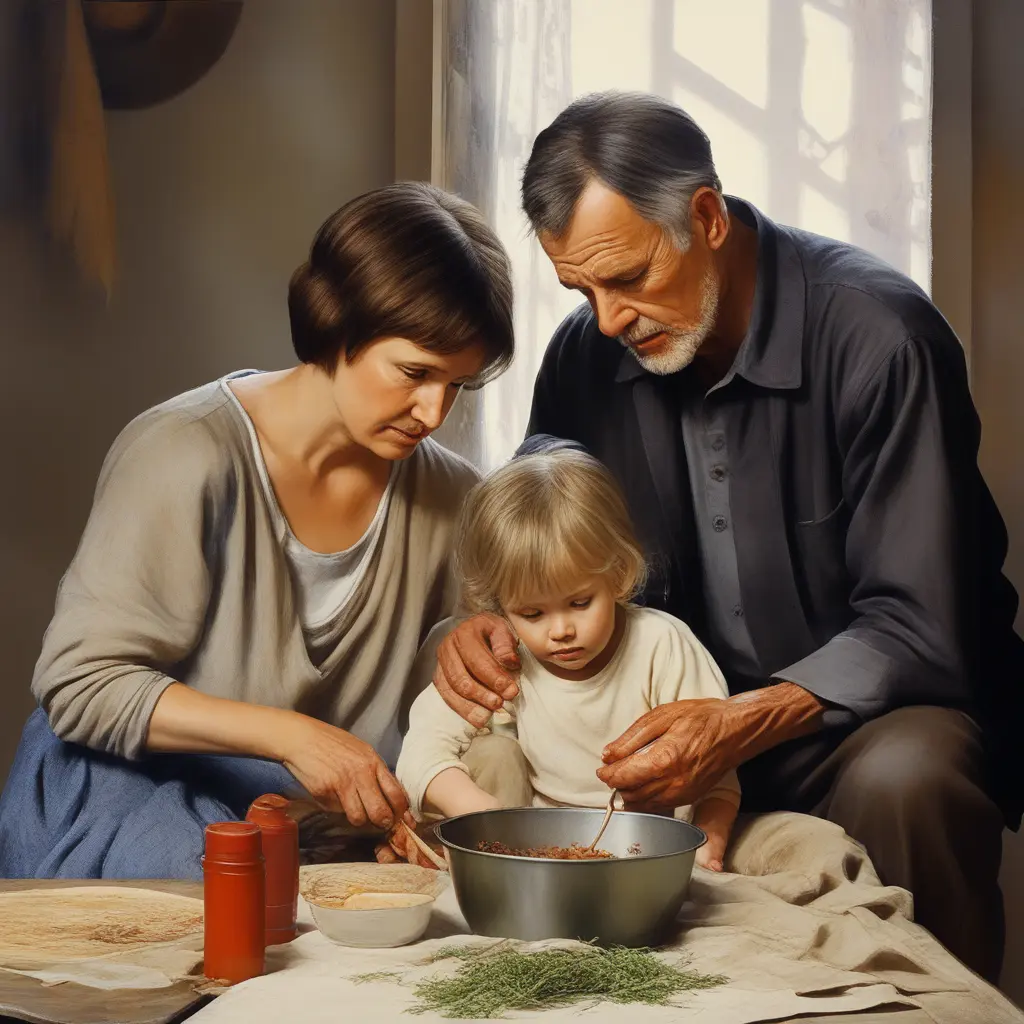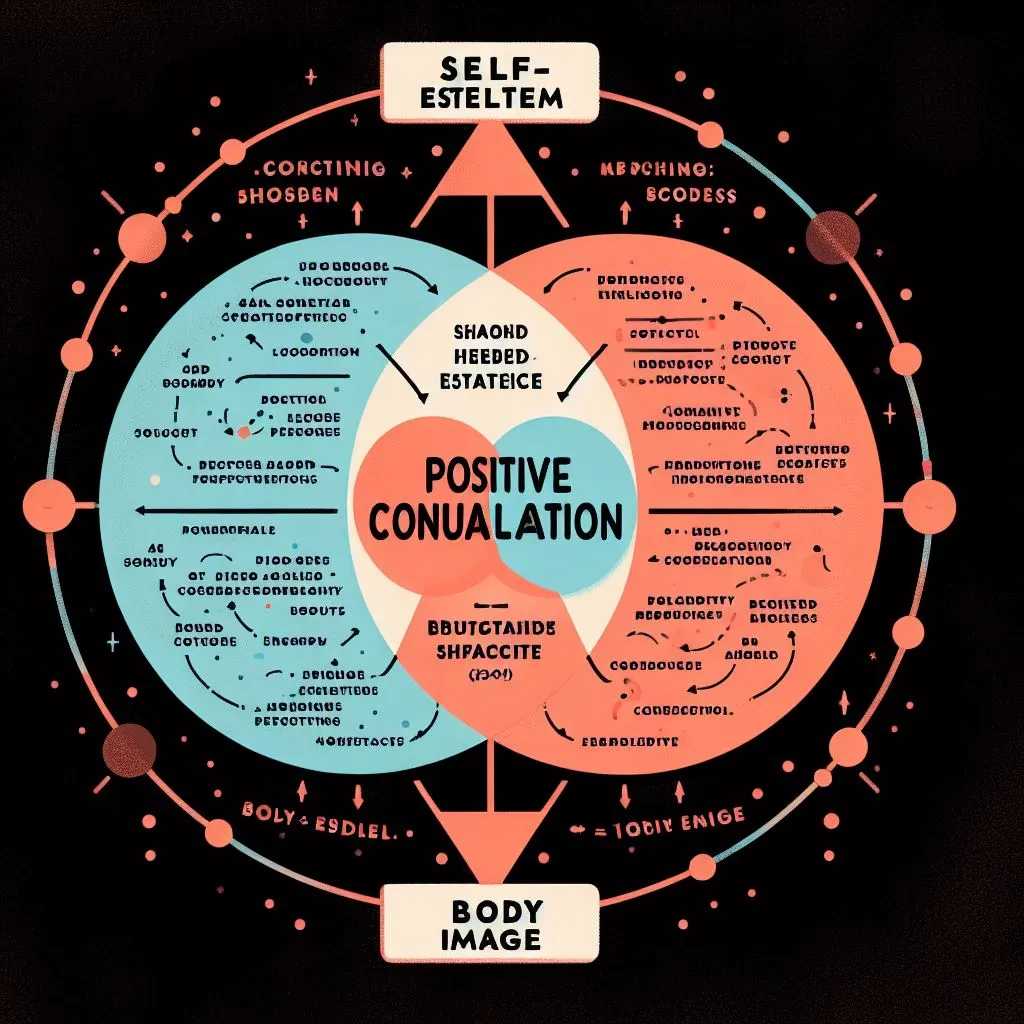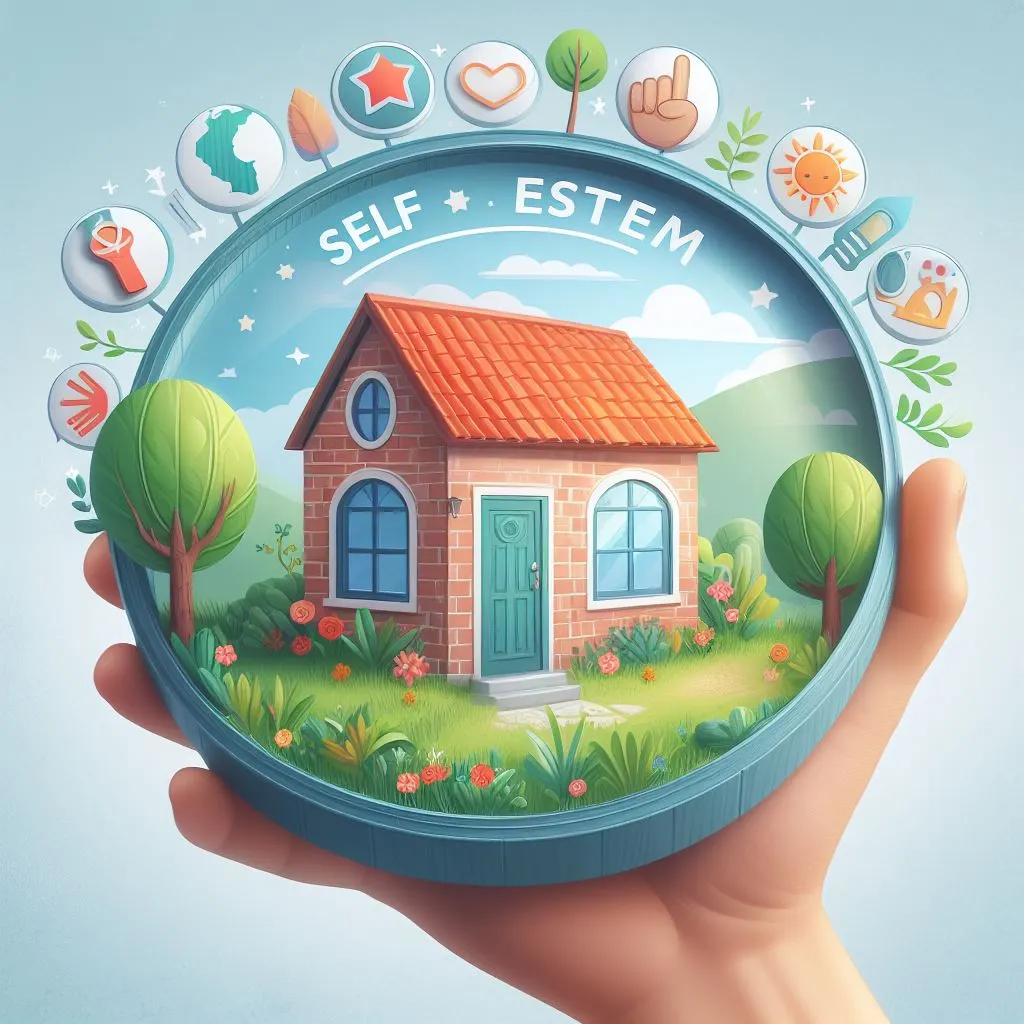A 2019 research study found that one out of every three American adults feels like they are a burden on their family. This sense of burden can take a significant mental and emotional impact. Not dealing with these feelings can hurt people and cause problems in family relationships. This article looks closely at the hard feelings of feeling like a burden on family , as well as practical strategies for managing and seeing this in a good way.
Decoding the “Burden”
Can you Ever Think why do i feel like a burden? if The feeling of being a burden comes from how you see yourself. Take a deep breath. Think about all the good in you, not the bad. You are strong. Do your best at everything. It’s all in your head. Talk to your family and let them help with the feeling. When you do that, you will feel free. Don’t be scared to tell your family how you feel. If they help, the feeling will go away.
Society adds to the pressure. Western cultures especially value people doing things on their own. Needing others’ help as a grown-up can strongly make people feel ashamed and like they failed in societies where they learn they must take care of themselves completely. (Chaudhry, 2020).
Family and culture change how people see being a burden. People from families where sticking together is important may feel worse about needing help financially. People raised to be independent could feel embarrassed still living at home after school. What society says about men and women also matters. Women often feel like they must take care of others to have value.(Cohen et al., 2018).
Feeling like a burden for a long time can seriously affect your mind and body if not dealt with. New research shows people who feel this way often have more anxiety, depression and lower confidence the longer it continues. (APA, 2017). Feeling stressed for a long time from being a burden can hurt relationships too. People may avoid family because they feel ashamed or get angry at their situation and take it out on loved ones. (Crisp et al., 2020).
But How do we know if it’s a family problem or just my problem? You need to read this 6 signs you are a burden. If you think like its a family issue, keep reading for more information.
Reframing the Family Support System
Really, feeling like a burden comes from not understanding family right. Family is about helping each other when needed – through good and bad times in life. No one goes through alone. Times of needing help with money or health problems are normal.
It’s important to think about all the ways people add value, not just money. Things like helping grandparents, kids or giving emotional support count too. Seeing family as people who rely on each other over a long time can help feel less pressure to always have enough money.
With open talking and agreements, needing others’ help feels less embarrassing and more like people care about each other. Talking about needs, abilities and limits helps make sure everyone feels heard and respected. Good communication prepares families to support each other through job losses, sickness or other changes in money situations over life.
Practical Strategies for Managing the Feeling
it’s good to be on your own sometimes, but wanting no help at all causes more worry and problems. All or nothing thinking leads to being too hard on yourself. Progress often happens in small steps, not everything perfect right away. Making mini goals like help budgeting money or cooking more meals at home can help feel less like a failure by focusing on trying your best instead of results.(NFCC, 2021).
Counseling also provides immeasurable perspective in reframing childhood narratives and cultivating self-worth disconnected from productivity. By challenging ingrained beliefs, individuals learn self-care and self-compassion instead of harsh self-judgment. Support groups expand communities and normalize dependence as part of the human experience.
Having more support outside the family reduces stress by giving options. Things like community programs, religious groups, online communities help in different ways without costing much.
Taking small actions and seeing the bigger picture build strength against feeling like a burden inside or out. Having some control through choices helps. Making time for relaxing activities, mindfulness and rest protects the mind during hard times.
Case Study: Mary’s Story
Mary (not real name to protect privacy) is a single mom with two kids. Losing her job caused daily struggles with feeling like a burden. It brought back bad feelings from when she was young of not being good enough. Though family wanted to help, she felt too ashamed.
Mary found free counseling and groups through aid. There, she started to see needing help differently. Seeing it as a chance for the community made her want to keep trying. With more confidence in herself, Mary noticed her kids doing well and how she kept their lives stable during an unsure time.
Talks with relatives focused on them supporting each other as a family. Two years later in a new job, coworkers say Mary helps others going through hard times well – the same help that changed what she thought were burdens into strengths.
Conclusion
Really, we all help each other. Times in life will have us both giving and getting help from others. Seeing family as people who love no matter what, not people who judge if you need help, can help you feel better. Talking openly instead of trying to be perfect lets you regain your value.
Dealing with changes in family roles and focusing on taking care of yourself, not being too hard on yourself, helps you handle feeling like a burden better. Small, balanced goals also help. Understanding all people sometimes need help and we all struggle builds strength against feelings of not being worthy. With care and awareness that we all need each other, you can go from seeing yourself as a problem to a contributing part of a supportive community.
Read Also : Feeling Like A Burden As A Child



